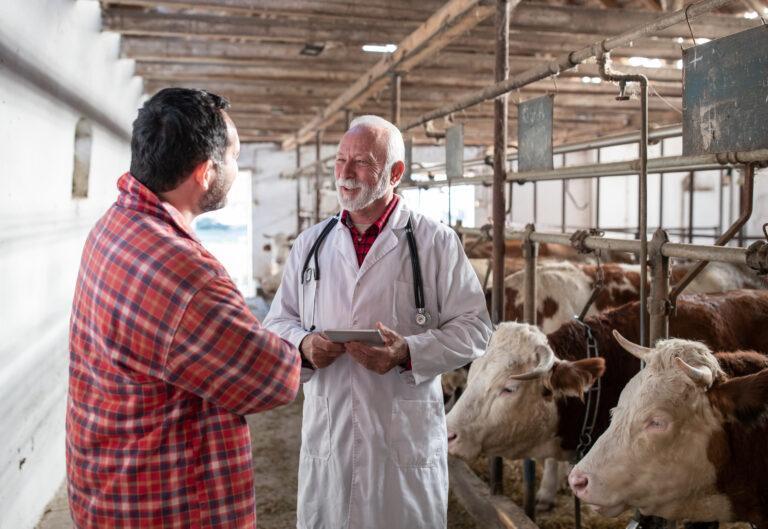This disease, previously found in Spain, Portugal, and southern part of Italy, has now been detected in southern France for the first time. EHD is typically transmitted to ruminants through infected midges' bites (Culicoides spp.). Over 250 outbreaks of EHD have occurred in the aforementioned European countries since the disease was first identified in Europe in November of 2022. More information about the aetiology and epidemiology of the disease can be found at the following website.
Scientists identified four crucial drivers related to the virus and its transmission. First is global climate change, especially warmer temperatures, which may have contributed to the surge in outbreaks in southern Europe through vector survival ability. Second and third is illegal or legal movement of live animals where the virus showed increased incidence. Lastly, the increased number of indigenous wild mammals. Although EHD doesn't affect humans or food safety, it can be deadly to deer and can also kill, and therefore threaten cattle, sheep, and goat populations in Europe.
Infected cattle exhibit symptoms such as fever, weakness, appetite loss, difficulty in swallowing, and a skin rash on the udder. These symptoms closely resemble some other notifiable disease (e.g., bluetongue, foot and mouth disease). There are currently no vaccines available for this disease.
Infected cattle exhibit symptoms such as fever, weakness, appetite loss, difficulty in swallowing, and a skin rash on the udder. These symptoms closely resemble some other notifiable disease (e.g., Bluetongue, foot and mouth disease). There are currently no vaccines available for this disease. Biting midges that can carry the virus are known to travel up to 150 km in a day under favourable wind conditions. To prevent the disease's spread, French authorities have banned live cattle exports from six regions in the southwest of France and imposed restrictions on six neighbouring regions.

